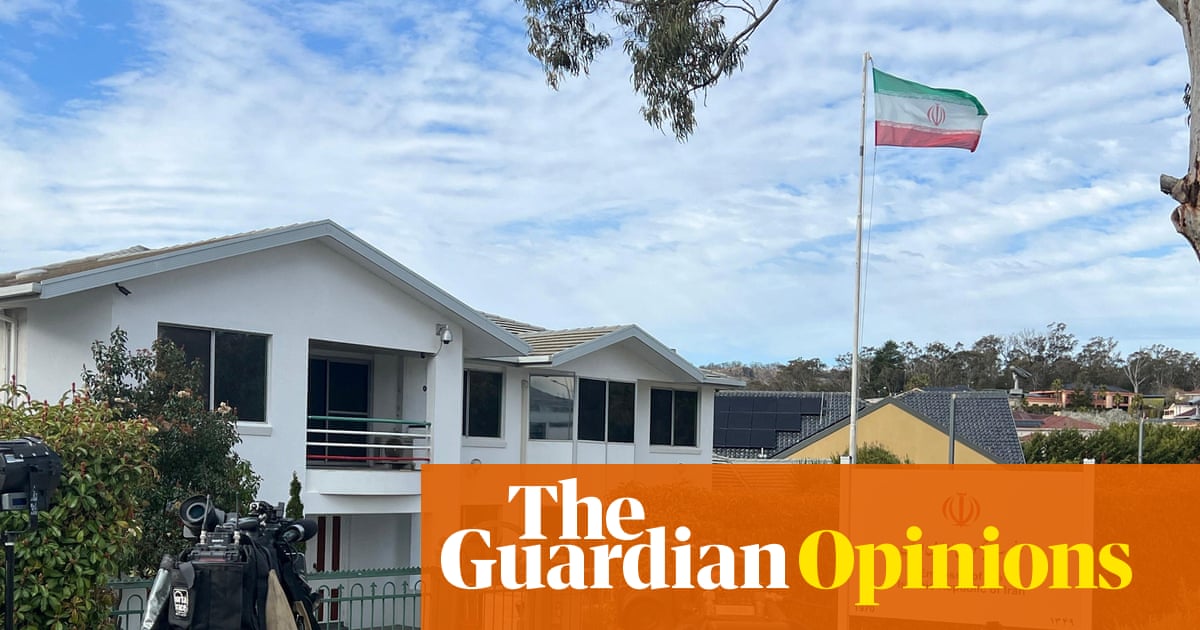
"Ever since the 1979 Iranian Revolution ushered in the Islamic Republic, Iran has had notoriously hostile relations with many western nations, particularly the United States, which it evocatively derides as the Great Satan. While Iran is notorious for acts of state-sponsored terrorism and malicious foreign interference against any number of adversaries, until recently, Australia has been largely spared. Australia has managed to maintain diplomatic relations with Iran despite tensions and differences, even acting as an important conduit for other allies."
"Iran's conventional military power and diplomatic influence has diminished through years of sanctions and targeted strikes against it. As a result Iran employed an asymmetric strategy, relying on proxy actors to do its bidding while remaining insulated from direct retaliation. Now that these capabilities and proxy actors (Hamas, Hezbollah) are also severely weakened due to recent Israeli and US operations, malign foreign interference is now one of the few tools left at Iran's disposal."
Since the 1979 Iranian Revolution Iran has maintained hostile relations with many Western nations, notably the United States. Iran has a history of state-sponsored terrorism and foreign interference, and until recently Australia had been largely spared. Diplomatic relations between Australia and Iran rapidly deteriorated after Iranian-backed antisemitic attacks marked a significant escalation of interference on Australian soil. Iran's conventional military and diplomatic influence has been eroded by sanctions and targeted strikes, prompting an asymmetric strategy that relied on proxies such as Hamas and Hezbollah. With those proxies weakened by recent Israeli and US operations, malign foreign interference has become one of the few remaining tools for Iran to project power.
Read at www.theguardian.com
Unable to calculate read time
Collection
[
|
...
]